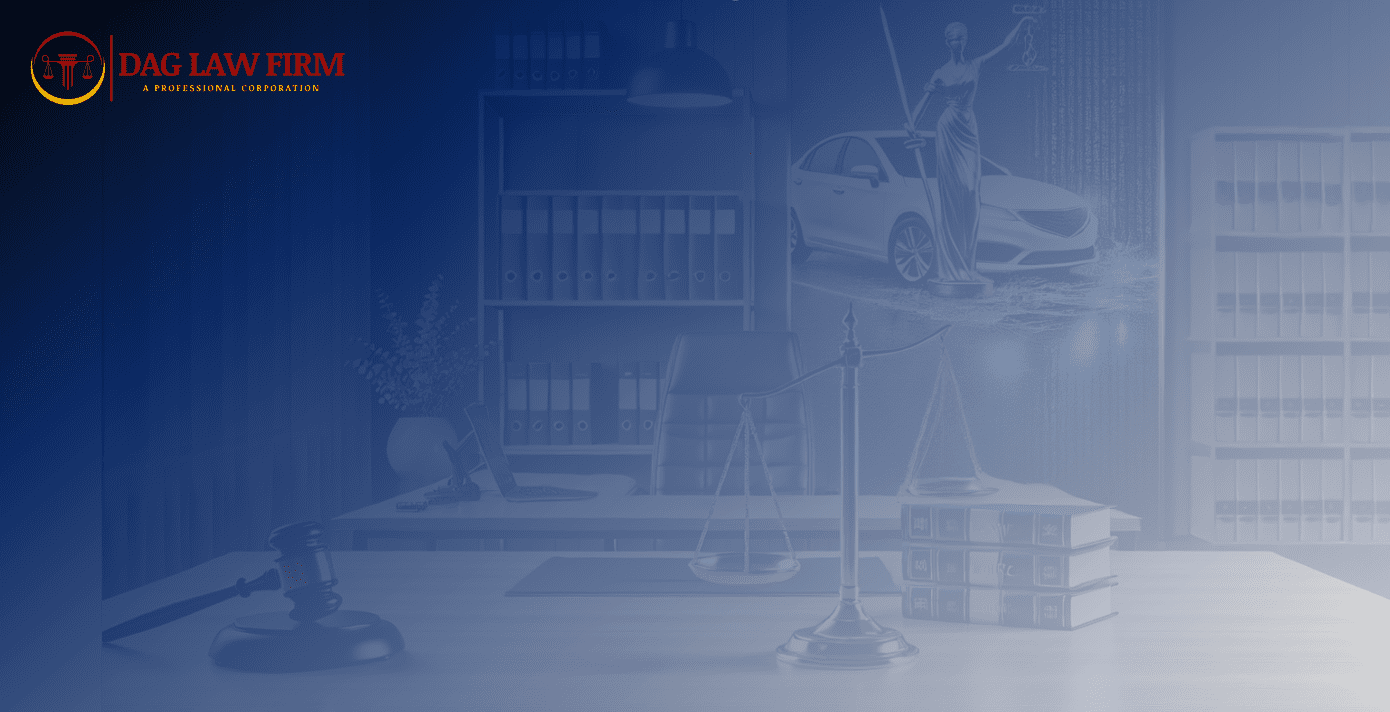Understanding Waivers and Legal Recourse in Injury Claims
DAG Law Firm brings extensive expertise to handling personal injury and accident claims, offering unparalleled guidance, counseling, and securing financial compensation for our clients. With a deep realizing of the complexities involved, we provide personalized support every step of the way, ensuring you fully comprehend each aspect of the legal process. Whether you seek advice or action, count on us to represent your interests and address your distinct needs with unwavering dedication and diligence.
When it comes to personal injury claims, one of the key aspects to consider is the concept of negligence. Negligence involves the failure to act with the level of care that a reasonable person would exercise in similar circumstances. In the context of personal injury cases, proving negligence is often central to recovering compensation for your injuries and damages sustained. Understanding whether you can waive negligence and the legal implications surrounding it is crucial when pursuing a personal injury claim.
Can You Waive Negligence in Personal Injury Claims?
In the realm of personal injury law, negligence is a critical element that must be established for a successful claim. However, the question arises: can negligence be waived? Here, we delve into the details to provide you with a comprehensive realizing of this complex legal concept.
The Basics of Negligence
– Negligence refers to the failure to exercise the level of care that a reasonably prudent person would have exercised in a similar situation.
– To prove negligence in a personal injury claim, the following elements must be established:
– Duty of care: The defendant owed a duty of care to the plaintiff.
– Breach of duty: The defendant breached that duty through their actions or inactions.
– Causation: The breach of duty directly caused the plaintiff’s injuries.
– Damages: The plaintiff suffered actual damages as a result of the breach.
Can Negligence Be Waived?
– In certain situations, individuals may be asked to sign waivers or release forms that seek to absolve others from potential liability in the event of an accident or injury.
– These waivers can impact an individual’s ability to pursue a personal injury claim, as they may limit or release the negligent party from liability.
– However, the enforceability of such waivers depends on various factors, including the specific language used, the circumstances surrounding the signing of the waiver, and the applicable state laws.
Realizing Enforceability
– The enforceability of a waiver depends on the jurisdiction and the specific language used in the document.
– Courts will examine whether the waiver was clear and unambiguous, whether the individual signing the waiver fully understood its implications, and whether the waiver violates public policy or statutory protections.
– It’s important to note that waivers are not always absolute, and their enforceability can be challenged under certain circumstances.
Legal Recourse in the Face of Waivers
Despite the presence of a waiver, individuals who have suffered injuries due to another party’s negligence may still have legal recourse. It’s essential to seek the guidance of experienced legal professionals who can assess the validity of the waiver and explore potential avenues for pursuing compensation.
Challenging the Validity of Waivers
– A skilled attorney can review the circumstances surrounding the signing of the waiver to determine if any factors, such as coercion or misrepresentation, render it unenforceable.
– If the waiver is found to be unconscionable or against public policy, it may not serve as an absolute bar to pursuing a personal injury claim.
Exploring Alternate Avenues
– In cases where a waiver is contested or deemed unenforceable, legal professionals can explore alternative legal theories to establish the defendant’s negligence and secure compensation for the injured party.
– These may include claims based on premises liability, product liability, or other legal doctrines that hold negligent parties accountable for their actions.
Legal Representation
– Navigating the complexities of waivers and their impact on personal injury claims necessitates the expertise of seasoned legal advocates.
– Trusting your case to a reputable law firm with a proven track record in personal injury law is paramount to safeguarding your rights and pursuing the compensation you rightfully deserve.
Conclusion: Schedule an Appointment Today
At DAG Law Firm, we understand the challenges and intricacies involved in personal injury claims, including the potential impact of waivers on your legal recourse. Our team is committed to providing you with unwavering support, leveraging our extensive experience and in-depth knowledge to advocate for your rights. To explore your legal options and secure the guidance you need, schedule an appointment with us today.



